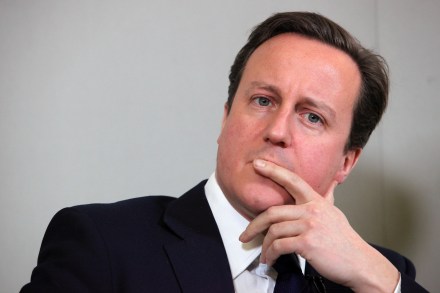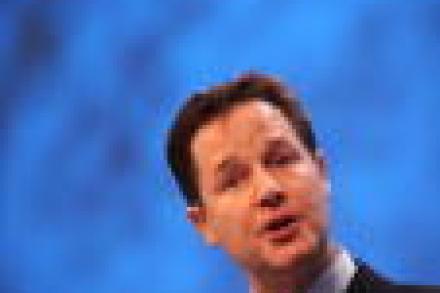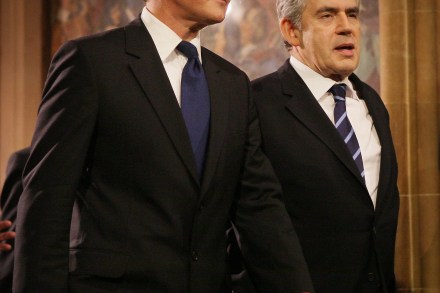Clegg has one great policy but he doesn’t know how to sell it
Nick Clegg has one policy that he should be talking about at every opportunity, his plan to make everyone’s first ten thousand pounds of income tax free. It is a radical idea that would lift millions of people out of tax altogether and be a massive step towards making work pay. As one Tory candidate fighting a marginal seat said to me this week, ‘I wish we had something like that to offer people.’ But as Clegg’s appearance on Andrew Marr this morning showed, Clegg doesn’t know how to sell his policy. Rather than emphasising the first ten thousand point, he mainly talked about his plans for a mansion tax















